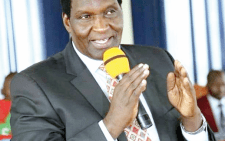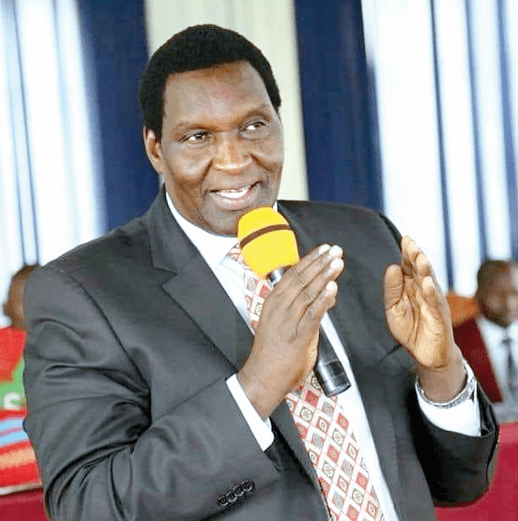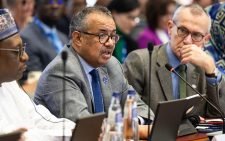Today as he marks his two years of national tour of duty, Grace, a mother of two who lives in the sprawling Kayole, is apprehensive the President William Ruto’s promise worked as she recounted her journey to a public health facility in the last one week.
“I have been going to the Mowlem Health Centre for treatment of my son, but I couldn’t get medicine. Each day I visit, I am referred to a chemist to buy drugs,” she said, even as data with the government shows that 22 percent, about Sh13.7 billion is household health expenditures.
Ruto also announced that his government will reform the National Health Insurance Fund (NHIF) to make it a social health insurance provider, improve procurement of medical supplies, deploy an integrated state-of-the-art health information system and most importantly, provide adequate human resources at all levels.
However, a diverse expert opinion seems to pour cold water on the Kenya Kwanza administration’s performance in the health sector in the country, rating it below 10 percent, meaning very little has been achieved.
Unkept promise
One-time head of the National Malaria Control Programme at the Ministry of Health, Dr Willis Akhwale feels that a lot of what was promised has not taken off, and is not likely to succeed.
He observes the KK administration lacks an important element of leadership of the health sector, having come to power on a promising ticket to deliver Universal Health Coverage (UHC) for Kenyans with almost free healthcare delivery.
“Promising people that they will not pay for treatment, required people with necessary skills at the helm of the health sector to help the President actualise his ambition of UHC,” said Dr. Akhwale, further noting that the sector is a highly skilled one, with a lot of partners, heavy government support, besides its direct link with communities.
“Therefore, at its helm, it needs someone with top skills for management. But without adequate leadership skills, to move things, UHC will not work,” he told the People Daily as the publication moved to take stock of the government’s performance, two years since coming to power.
Again, with the right leadership, he pointed out that donors have continued to push for programmes that serve their interests, and don’t address what Kenyans really want, at the expense of UHC. “Yes, you need donors but you must also strategise and put on the table what’s good for Kenyans. We have seen ambassadors serving foreign missions in the country, taking photos with government officials, and coming with goodies whenever new Cabinet Secretaries are taking office, precisely to have an opportunity to push for their interests,” he added. Another mistake, he noted, was the equating of UHC with insurance, forgetting that UHC is not an overnight journey.
Capacity building
“UHC is a journey of between 10 to 20 years, and not an overnight venture. It usually takes steps that could have started with the training and building capacity of adequate human resources for health, procurement of equipment and drugs before announcing UHC,” he argued, saying without these blocks, Kenya is bound to fail in its quest for UHC.
Dr Akhwale also advised the government to treat health as a social construct, for the betterment of communities.
“If you have to succeed in UHC, you must have adequately skilled and capacitated healthcare workers. So it’s important that the government should have addressed the shortages of healthcare workers beforehand,” he added, quick to say that not that the inclusion and deployment of Community Health Promoters (CHPs) was a bad idea, but even to remunerate them well. Health NGOs Network (HENNET) Executive Director, Dr Margaret Lubaale echoed Dr. Akhwale’s sentiments on CHPs, and generally the positives by the KK administration.
The recognition of CHPs as important players in health and commitment by the national government to kit them and also co-shared stipend was a great move,” she said.
Dr Lubaale also took stock of the NHIF reforms that saw the creation of various funds including the Facility Improvement Fund (FIF) ACT and structure in streamlining Primary Healthcare (PHC) in Kenya as a positive feature of the KK administration.
“The Bottom Up Economic Transformation Agenda (BETA) manifesto is very progressive on matters of health. However some of the proposed models are too expensive to implement and sustain,” she said. However, the recurring vaccine stock-outs in the health facilities, she said, is unfortunate and affects the health of children, who are the next generation. “The lack of devolving functions and funding of health,; the challenge of harmonization of the health workforce since devolution, including in salaries hence the none ending doctors strikes,” she said.





















